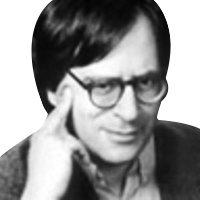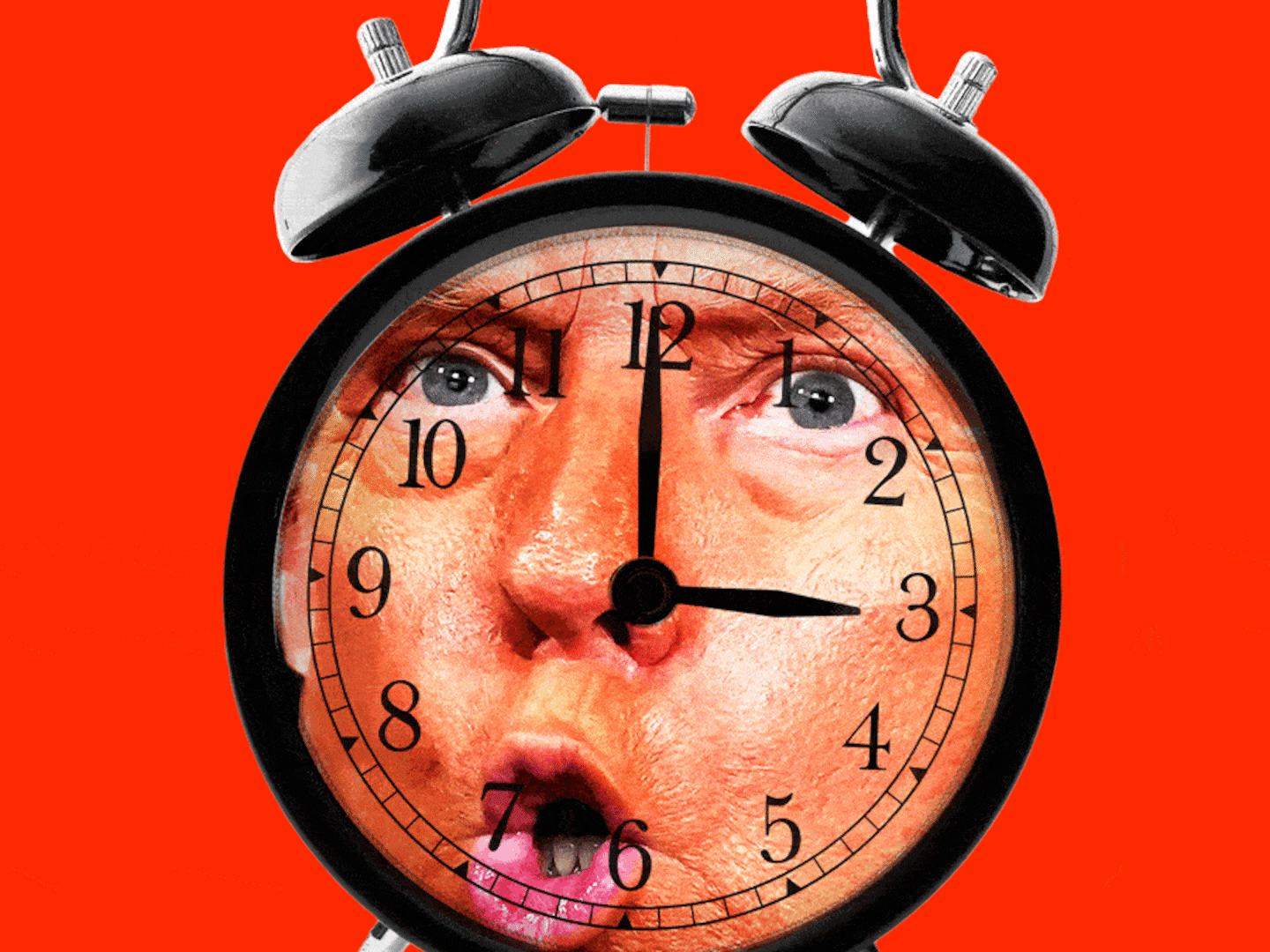TORONTO, Canada — Last September, as I nursed an orange juice at the bar of the Windsor Arms Hotel in Toronto while waiting to interview Grace Jones, Jones herself sauntered over and good-naturedly exclaimed: “You need a drink, darling.” She then ordered the bartender to supplement my juice with a shot of vodka. Jones had already befriended a middle-aged Irish woman, who contentedly sat at the bar sipping red wine and schmoozing with the illustrious visitor.
While my interview was scheduled to begin at 9 p.m. (much later than the usual junket one-on-one), Jones relaxed by watching her pal Rafael Nadal win a match at the US Open on the bar’s widescreen TV. When I mentioned in passing that Battle of the Sexes, the Billie Jean King biopic, was screening at the Toronto International Film Festival, she nonchalantly let on that King was a friend.
By the time our formal interview began around 10:30 p.m., I had downed three screwdrivers. However incongruous it might seem, this seemed appropriate preparation for a chat with a woman who, despite being a hard worker, has never forsworn life’s pleasures. “I had a good massage earlier and am good at multitasking,” she boasted. “Come on, you have to enjoy yourself while you’re waiting” began to seem like both an exhortation and a motto, or perhaps a mantra.
For a pop star who has been called everything from the “queen of disco” to a queer icon and a “daunting diva,” Jones is surprisingly down to earth and self-mocking. She was in Toronto to promote the premiere of Sophie Fiennes’s (Ralph’s sister) affectionate documentary tribute to Jones, Grace Jones: Bloodlight and Bami, at TIFF. (The rather inscrutable title incorporates Jamaican slang; “bloodlight” refers to the red light turned on during a recording session and “bami” is a type of cassava flatbread.)
Viewers expecting a gossipy chronological account of Jones’s career will be disappointed. Her early days as a model, cocaine-fueled days at Studio 54, the evolution of her androgynous image, and details of her romances with the photographer and graphic designer Jean-Paul Goude (who nevertheless makes a cameo appearance) and Dolph Lundgren are passed over. Fans desiring more salacious tidbits should consult Jones’s entertaining memoir, which, with characteristic Jonesian cheek, is titled I’ll Never Write My Memoirs.
Jones wanted to work with Fiennes because of her respect for the filmmaker’s little-seen Hoover Street Revival (2002), a portrait of Bishop Noel Jones, Grace’s preacher brother who heads a revivalist church in Los Angeles.
Bloodlight and Bami evolved slowly over approximately the last thirteen years or so. (Fiennes abjures explanatory titles and the documentary’s depiction of time is fluid and non-linear.) It intersperses staged concert footage of Jones performing in Dublin’s Olympia Theatre with vérité segments documenting a family reunion with Jones’s siblings in Jamaica, as well as interludes spent in hotels between gigs in Paris, New York, and Tokyo.
One of the film’s comic high points recounts Jones’s appearance on a tacky French television show where she delivers her famous rendition of Edith Piaf’s “La Vie en Rose.” She fumes at the show’s producer and complains that the staging, which places her amidst some scantily clad female dancers, makes her appear like a “madam in a lesbian brothel.”
According to Jones, she received many offers over the years to construct a film around her distinctive persona: “A lot of people said ‘You should just do it.’ I was often told that I should make a documentary about myself. There was a French woman who wanted to do it. When you meet someone, you know when it’s time to plunge in. This French woman, who I met in Paris, was very passionate about making a film about me. But it didn’t seem right and it seemed right to work with Sophie.”
Jones also “loved” the intimacy of shooting performances in the relatively small Dublin theater, renowned for hosting stars such as Johnny Cash and David Bowie: “Even though I play to big crowds, I never wanted to do that. My management once told me that they wanted me to play Madison Square Garden; that was supposedly the dream venue. I told them that Madison Square Garden was the last place I wanted to go. My manager had one vision of where I should perform and I had a different, more theatrical vision of my performances. But, at the end of the day, I don’t think my act is designed for a huge 50,000-seat stadium. I ended up doing a stadium show eventually in Spain when George Michael was the headliner and I was sort of the guest star. I shouldn’t say this, but I never felt so not appreciated. It was so impersonal.”
It was also important for Jones and Fiennes to shoot on film and have access to an environment that gave them meticulous control of the results. Jones explains: “Sophie filmed a number of live performances, but it was frustrating for her because she didn’t have the control of the space, the control of the camera and lighting. She could make it more cinematic and shoot on film. I agreed that we just had to stage our own performances “
Fiennes concurred and added: “We shot on super 16, which is a risk and one of the magazines actually jammed. David Lynch once said to Ralph when he met him that ‘something cosmic happens when you shoot light through celluloid.’ You have the grain; film is more about how we actually see and video is about definition and pixels.”
As Jones’s career has progressed, she’s become less of an aloof musical goddess and more willing to include the audience as a component of her carefully choreographed live spectacles. When I asked her if she enjoyed performing before an enthusiastic audience at Brooklyn’s Afropunk Festival in 2015, she replied: “I liked it. It was still a big audience. I like three or four thousand in a proscenium theater. I‘ve come to terms with bigger audiences and learned how to enjoy them. I make the audience part of the show and put the lights on them. And I get them to participate in the show and disappear and say, ‘Baby, you’re now the performers.’ I go off on the set and they’re a part of the show. There’s no longer a separation between me, as a performer, and the spectators. I have them put the cell phones down. ‘Now I want to see your hands. Put that thing in your pants. I don’t want to see those phones any longer because you are the show.’ That’s how I deal with big crowds.”
Fiennes contrasts this approach with Beyoncé’s shows, where “she’s just an image on a screen surrounded by toy soldiers.” Jones retorts, “But now they’re all looking at little screens.”
When asked why she occasionally flashes her breasts during live events, Jones indicates that what some commentators regard as a provocation is in fact not a big deal: “It’s just what I do. There’s no need to have any explanation. It’s like I’m at home on a stage.”
She confides that she “now understands that my relationship with the audience comes from the church. I’m just realizing it now. It’s an idea that I instinctively think of when I perform with my band; I never toured with a full-on band and they’re so together.”

Jones applies makeup in 'Grace Jones: Bloodlight and Bami'
Kino LorberJones’s reference to affinities between the church and her musical career are telling inasmuch as the influence of the Jamaican variety of Pentecostalism on her life and psyche has been far from benign. After her parents moved to Syracuse, New York, during her childhood, she and her brothers were shipped off to live with her grandmother and step-grandfather—“Master Peart” or “Mas P” for short, a religious zealot who beat the children mercilessly for minor transgressions. She admits that the film’s Jamaican sequences, including one in which she accompanies her mother to the local church, were emotionally wrenching:
“I always struggle with going to church in Jamaica because everyone is going to look at you as the bad example. According to them, I’m a backslider and a sinner. But I have my own relationship to God. But there was always this pressure and I was always told, for example, ‘You can’t go into church wearing that dress.’ My mother tries to tell me that things have changed. But I confronted the ghosts of the past in Jamaica.”
Over the years, Jones has branched out and become as much of an accomplished songwriter as a performer. Many of her songs are strongly autobiographical, as is evident as early as 1979’s Muse, the third part of her disco trilogy produced by Tom Moulton—as well as songs off 2008’s Hurricane, an album well represented in Fiennes’s film.
“I never saw myself as a songwriter,” Jones insists. “Again, it involved throwing myself in some deep waters. OK, maybe it was a way of getting myself out of my own consciousness, but not intentionally. So at certain moments, I just thought, ‘ I have to write this down.’ And some took just five minutes and others took forever. Some came quickly and some were a struggle.”
She continues: “While Muse wasn’t one of the big records, it was a Tom Moulton production. I started out trying to use double meanings because I didn’t want people to think these compositions were actually about me. But, after a while, I didn’t want to beat around the bush. You think you’re being clever at first; you’re just being scared.”
When Fiennes interjects that the subject of her film’s “relationship to words is almost physical, a push-pull as in Hurricane,” Jones agrees with the proviso that “the words and the poetry can’t be at war with each other. It has to be musical. We struggle with that when writing. You can have poetry, but when the music comes in there’s another element. There can be a conflict and it sometimes takes a year to replace the one word you have that you’re not quite happy with.”

Jones poses in 'Grace Jones: Bloodlight and Bami'
Kino Lorber“That’s why a lot of writers end up with a bottle on the piano. Of course, I collaborated with a lot of writers like Barry Reynolds. Sometimes what you have is enough, something that comes out in the line, ‘I’ve been searching for some inspiration’ from the song ‘Inspiration’ that I did with Barry. I love that song! That’s one of the songs where we put the bottle on the piano and completed it when the bottle was finished. You don’t want to have your head up against the wall. You just let it go, let yourself breathe, and come back to it.”
Even though, like Edith Piaf, Jones appears to regret nothing, she does admit that not accepting the role of Zhora, the snake-charming replicant in Ridley Scott’s Blade Runner—that eventually went to Joanna Cassidy—was a mistake (in I’ll Never Write My Memoirs, she maintains that, in the original script, Zhora’s part was considerably larger than what ended up in the finished film).
“Oh, yes. That’s my one regret,” she says. “When I did decide to take it, it was too late. Ridley was pissed off. We still party together and I saw him once when my mother was making rice and beans. In fact, I see him all the time. The actress who took my part broke his heart. I learned a lesson: read the script and then make up your mind. Whatever anyone else says, go with your own instincts. That’s what we say about empowerment: If you give up your power, you have no one to blame but yourself. It was my fault. But I’m trying to think positively.”
In her memoir, Jones claims that Jean-Paul Goude, who directed some notable commercials, was jealous of Scott’s success in the world of advertising. Fiennes suggested that Jones’s frequently tumultuous relationship with Goude resembles the sparring couples in Godard movies like Contempt.
Towards the end of our conversation, Jones becomes reflective about her years with Goude: “I was a groupie. I did everything to get his attention. But he was so not my type and I was so not his type. But artistically we clicked and were unstoppable. And he and Mas P were born on the same day. How weird is that? He just had this obsession with perfection.”






